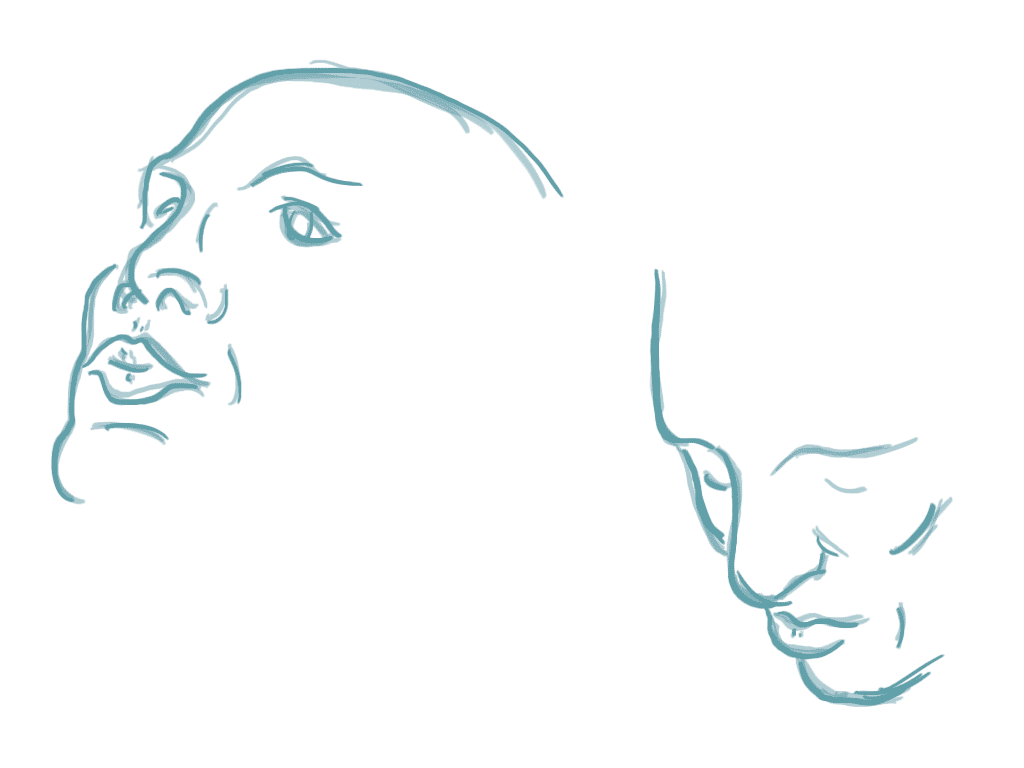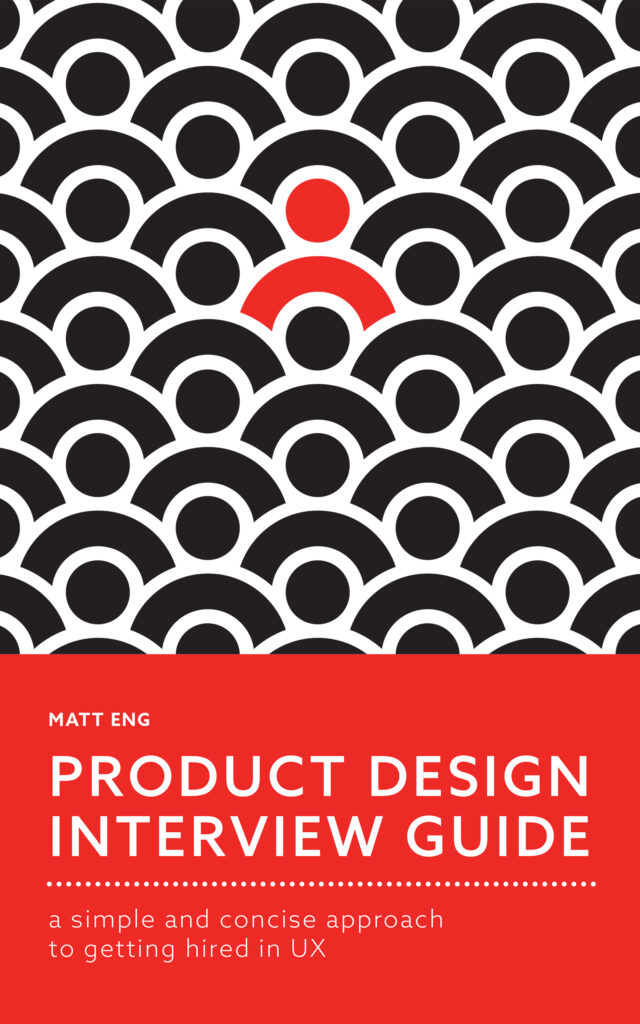If you consider yourself creative or you have been labeled as such, then is your creativity something you can improve on? Is creativity more skill than an innate quality? From a job market perspective, the business world has embraced creativity. There are more roles that require creativity and specific creative skills than ever. Even levels of management that have not traditionally been in this group are shifting to encourage more creativity.
Creativity myths
Creativity is not something limited to a few people. It is not something that you inherit from your parents, and it is also not something restricted to its traditional view of arts and aesthetics. There are also no eureka moments from a long creative genius.
Research has shown that creative insights are the results of prior work. Other studies have shown that despite our propping up of heroes, the best ideas come from a team. Although we still propagate the single genius theory, creativity is more effective in a group.
More myths on creativity.
Watch Elizabeth Gilbert’s TED talk on creativity and teams.
Here is a link to my talk at MidwestUX about teams and sharing work.
Learn creativity as a skill
Many people believe that they do not have any creative abilities. According to Robert Evens Wilson Jr., in his article for Psychology Today that we are taught early in our formative years that creativity is a gift for the very few.
If we are to re-examine how we view things to be creative, how do we start? There are things in your life that you overlook, deficiencies that you have grown accustomed to, and problems you have learned to ignore. The key is to find another perspective. Little changes in your routine can help wake you up.
Polly Cambell recommends in her article for The Creativity Post that we can start with our morning routines. “Creativity is not a passive endeavor,” she states, “that comes out of routine.” It comes from noticing life and its interactions if you are awake.
Practicing creativity
The ability to rethink things you see every day is not something you develop immediately. This is something that you have to practice in a society that conditions you to check-off boxes. How do you get started?

Creativity is not limited to a few lucky people. It is a skill that you have to sharpen.
Fight for creativity
Sid Parnes, founder of the International Studies for Creativity at Buffalo University, said that we have to fight to be creative. We can interpret this battle in the following two arenas.
In our own work
In our own work, we tend to want to finish based off of the time of day instead of the quality of the work. Think about if you have the flexibility to spend more time figuring out the problem. Can you practice being more comfortable with the ambiguity of not having the work complete a little longer? What activities can you use to take your mind off of the problem temporarily to find new insights?
I go for walks after a long stretch of focused work. At the end of the day when my concentration wanes, I also using walking to rest my brain and eyes. This is a great method to get me to connect with people, exchange ideas, and reset my thoughts.
In our team work
With teams, we feel the pressure to look and behave like high performing unit. The tendency is to preserve relationships over the quality of the work, and we often settle on solutions that most of the team can accept.
We have to resist the temptation to follow what the group’s initial instincts to finish as efficiently as possible. There will be times when the team is ready to settle on a solution, but you feel the team has not arrived at the best one yet. How can you encourage the team to pause and take time to rethink the issue?
This article from Nielson Norman Group about Design Thinking outlines some techniques that can help condition teams to invest in more shared creativity.
Creativity for the doubtful
Everyone is creative in something. It flows where your interests and skill sets align. I have met a lot of people who tell me that they are not creative. For certain areas where skills and interests do not align, this is probably true.
Creativity is a skill that you need to value and exercise. Like a muscle that atrophies, you have to nurture it and challenge it. Nonetheless, you are the steward and benefactor of creativity. Your work and fulfillment rely on it.
Read more about creativity here.
Become a Patron!
Help bring more content on design and creativity by supporting the work on Patreon.
Sign up for newsletter. Get insights from other interviews as well as past transcripts.

